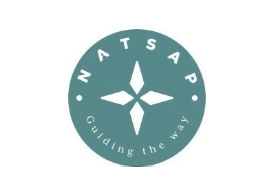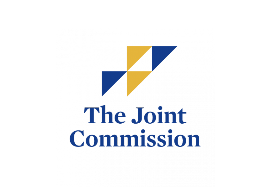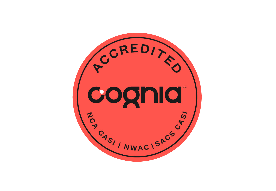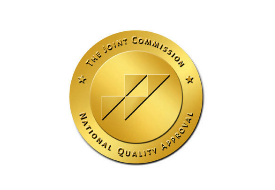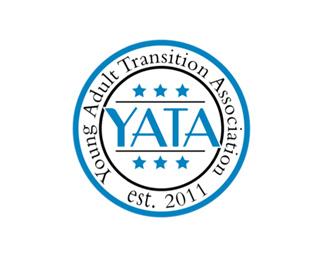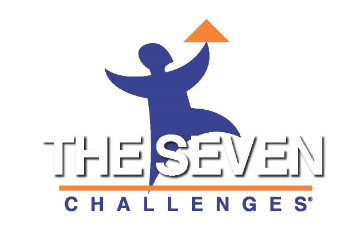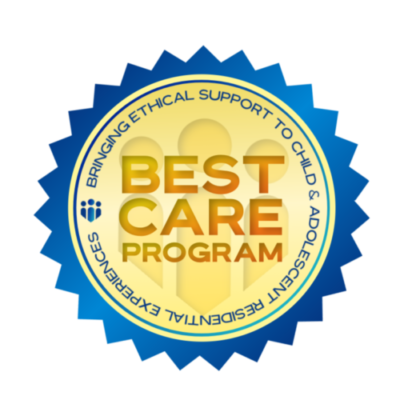
Frequently Asked Questions
Below you will find a library of FAQs that are commonly asked by parents. This resource is filtered so you can see questions that pertain to your student. As a reminder Geneva Campus is for students over 18 and Center St Campus is for students under 18.
Take a look below at some recent studies from Telos.
Galley_Proof_HLY_18943 brainsci-13-01179_2 (1)
brainsci-13-01179_2 (1)Yes! Telos is licensed to provide outpatient, intensive outpatient, and partial hospitalization services. With different campuses devoted to different levels of care, we can provide services across a continuum of needs.
For detailed information, visit this link.
For detailed information, visit this link.
For detailed information, visit this link.
Check out the spacious rooms and amenities on our campus photo tours. https://telos.org/campus-tour/
Students who are aging-out of other programs or are ready for a young adult program might be a candidate for Telos U. Young women and men needing support while they explore launching into adulthood can begin at Telos U at age 17.5. Admissions can help direct you even if they are younger and need to attend the Academy.
These professional’s sole focus is to help parents find the correct path and therapeutic program for students. Only a few Educational Consultants work with therapeutic options. This is an important distinction because most work with prep schools, military schools, and/or premier colleges.
If you need a therapeutic solution, hire a consultant who is an expert in residential treatment. Though consultants are paid, in the long run, it generally is the least expensive route and is by far a lot less stressful on parents. If you would like a referral to top consultants, please fill out this form https://telos.org/admissions/. It is important to remember these are independent of Telos and may refer you to other programs. It is important to have the right fit for your students, even if it is not Telos.
Most students begin the therapeutic journey with a wilderness program. Wilderness experiences range from easy to hard-core roughing it, depending on how strong the need is. This is an intensive program that is designed to help the student realize the therapeutic need themselves and all the problems they are experiencing needs their focus and attention. Many students experience a significant therapeutic boost and feel they are cured after wilderness. This is typically the beginning not the end of the therapeutic journey.
The length of stay depends on the student’s needs and motivation. Typical timeframe is 3-12 months. Families on the shorter end of this range tend to be relying 100% on insurance help. Families on the longer end are able to cover continued treatment once insurance help ends.
Yes! We work with a company who has had great success in securing insurance funding for families. When families come to Telos they work directly with this company.
Yes. On Telos U (South Campus) as a co-ed student. Female students enroll to Telos U as early as age 17.5.
Van transport from place to place is most common.
Changing your lifestyle to a healthier level takes work and focus. Volumes of studies show that eating well and exercise is the number one contributor to work and focus ability. All our food is prepared by a top tier professional chef to taste great and add variety. Exercise needs to be fun and engaging. Telos is a little famous for their activities like sailing, hiking, parks, biking and all kinds of activities. If it is fun then we tend to do it more.
For our older students who are making these kinds of decisions personally, our apartments have Resident Advisors and Life Coaches to teach and mentor students on purchasing healthy foods and fun ways to prepare, including proper sanitary handling of food. Activities and exercise are similar to the younger campus but with age-appropriate destinations and activities.
Yes. Most students have their own room. One room in each apartment has two beds for students who want to be roommates with friends.
The North Campus is designed to be more dorm style with a large common area including TV, couches, and a fireplace in each apartment. Rooms are large and spacious, with 2 bunkbeds (a total of 4 per room). Custom cubbies and footlockers help students have their own space and storage. (See campus tour images https://telos.org/campus-tour/)
North Campus
Students go to Telos High from 8:30 am to 3:30 pm. They do not have jobs while they are attending. If students transition to our step-down program Anthem House, they can get a job at that time if approved by the Primary Therapist.
South Campus
For older students who are learning to launch, Telos actively helps students aim toward college, learning trades or technical and/or working.
Technology use is minimal while at Telos. Often, this becomes a distraction from treatment. However, we recognize the need for students to reintegrate and be able to have a healthier relationship with technology. While at Telos, they will have access to computers in school (with monitored and filtered internet access). Additionally, students can apply for a music protocol to have an mp3 player with Telos approved music. This will be a chance for them to use music as a healthy coping skills. It will also be a chance to help them learn to not avoid with music. There are specific times that they are use this.
Also, we begin incorporating other technology (phones) during local visits and home passes with parents. We will discuss therapeutic goals and interventions and then follow up how well he does with managing the boundaries.
**Students who are at TU are offered technology when they have proven their ability to safely use it.
North Campus
Each student typically has two 60 min. sessions with their therapist each week. One of these is an individual session, the other is a family session. In addition to this, each student attends several group therapy sessions each week.
South Campus
Weekly individual therapy
-
- Weekly/biweekly family therapy and student led team calls.
- Weekly process groups (resilience and emotional safety groups)
- Weekly community groups
A typical day is fun, challenging and a little stretching. Check out the link for more details. https://telos.org/daily-life
Classes do not exceed 8-10 students by design.
Telos High is a “normalized” environment. Students follow a bell schedule; take classes in a typical classroom with a teacher; have a typical school day schedule and look forward to being on the honor roll, as well as field trips, dances and even prom. (dances in partnership with another girls program)
Many Telos students have, at one point or another, refused school. The answer is in the Telos structure. First we determine the “why” behind the refusal and then work through that. Another large component is our school’s relationship with the student. It is a low pressure environment and is built so students see progress and success. This is empowering to most students and begins a new outlooks they enjoy because they understand and can deliver quality work where before it was debilitating.
Yes. It is however important to remember that therapy comes first and then school. Students who excel may learn at a faster pace and we can support them if the therapist agrees it won’t cause therapeutic setbacks with the extra pressure.
Telos Academy and Telos U students attend live classes with teachers. They work on the core subjects that are the quickest path to graduation.
Carter, Vineyard, and Geneva students start with on-team learning using an online/live hybrid learning model.
Telos High works with nearly every student to catch up lost credits. Since Telos High is a low-pressure teaching environment, students don’t get frustrated as quickly and work begins to flow. As a year-round school, summers are used to catch up on grades and missing classes. Since the school is a fully accredited 1A school, administrators work with other programs and schools attended to capture stray credits that might have been earned but not reported.
The length of stay depends on the student’s needs and motivation. Typical timeframe is 3-12 months. Families on the shorter end of this range tend to be relying 100% on insurance help. Families on the longer end are able to cover continued treatment once insurance help ends.
Yes, a portion of the costs of enrollment at Telos U (South Campus) can be funded using your 529 education savings account (i.e., the costs of room & board). However, the allowable amount will be determined by the admissions department of any accredited secondary education institution in which your student is enrolled, which will post their average student’s expense for room and board on a per semester and/or annual basis. This amount can be funded by your 529 plan.
North North Campus
You will usually speak to your child twice a week. Each week you will have a family therapy phone call with your child and primary therapist. A second call usually occurs on a weekday evening when your child is able to have a personal, non-therapy call. This can be increased with developed trust and therapeutic need.
South Campus
-
- Geneva/Vineyard: Parents usually speak to their student twice a week. Each week you will have a family therapy phone call with your child and primary therapist. A second call usually occurs on a weekday evening when your child is able to have a personal, non-therapy call. This can be increased with developed trust and therapeutic need.
- Telos U: Students are typically on a faster track to technology which includes daily access to cell phones when safe for the student. At this point communication is as needed.
Telos does not offer private financing. Check with your lending institutions for traditional student loans.
North Campus
Part of the Telos philosophy is the importance of family. We believe no student who passes through our program will be successful upon returning home if he returns to the same system from which he came. This means the entire family must change for the better. Family Days, which occurs every 8 to 10 weeks, provides opportunities for parents and siblings to experience a small taste of what their son/brother experiences every day at Telos. Family Days are a required part of treatment. A typical Family Days starts on a Thursday and ends on a Saturday. Families participate in support groups, trainings, face-to-face therapy, academic consults, and other activities. For siblings who are too young to attend therapy groups, we have fun, child-friendly activities scheduled.
South Campus
Very similar format to North Campus, but Family Days are typically less frequent with our young adults who are trying to move toward independence.
Families are able to reserve the next available bed on a “first come first served” basis when their application is accepted and an enrollment fee is received by Telos.
Unfortunately the answer to this question is not as cut and dry as most would like. It really depends on multiple factors (the complexity of the issues, the motivation of the student, aftercare arrangements, etc.). The average length of stay at Telos is 3-12 months. Families on the shorter end of this range tend to be relying 100% on insurance help. Families on the longer end are able to cover continued treatment once insurance help ends.
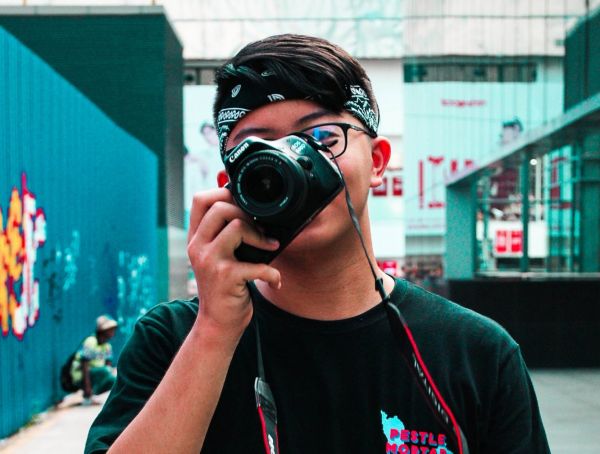

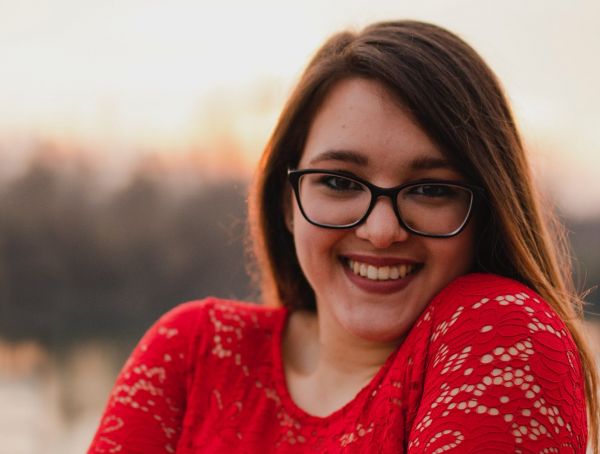
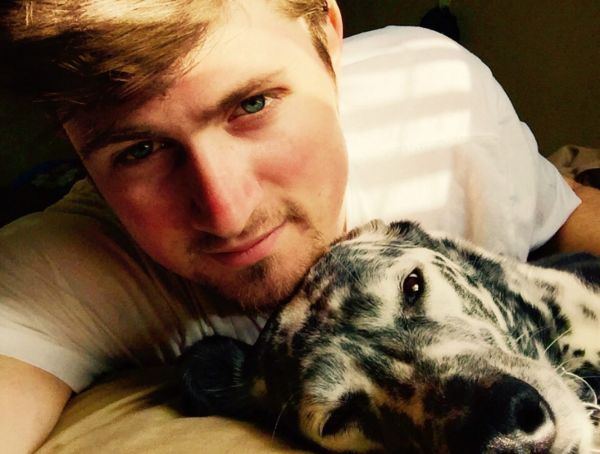
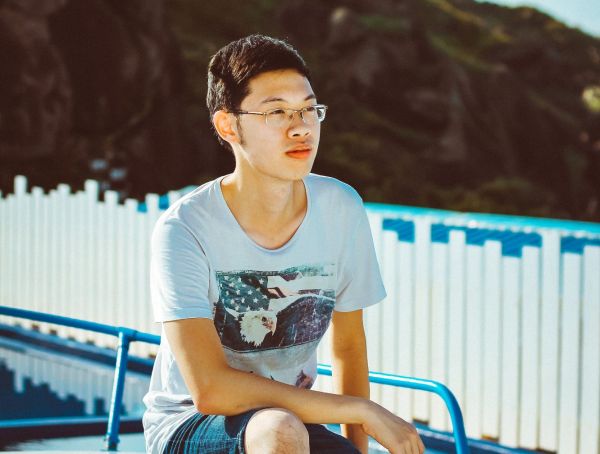
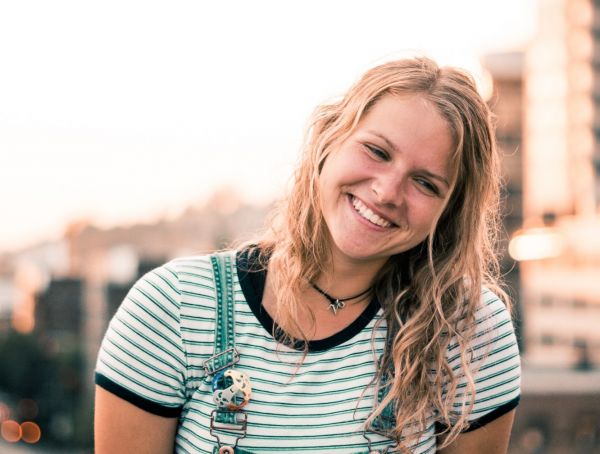
Telos is Right for Me!
![]()
